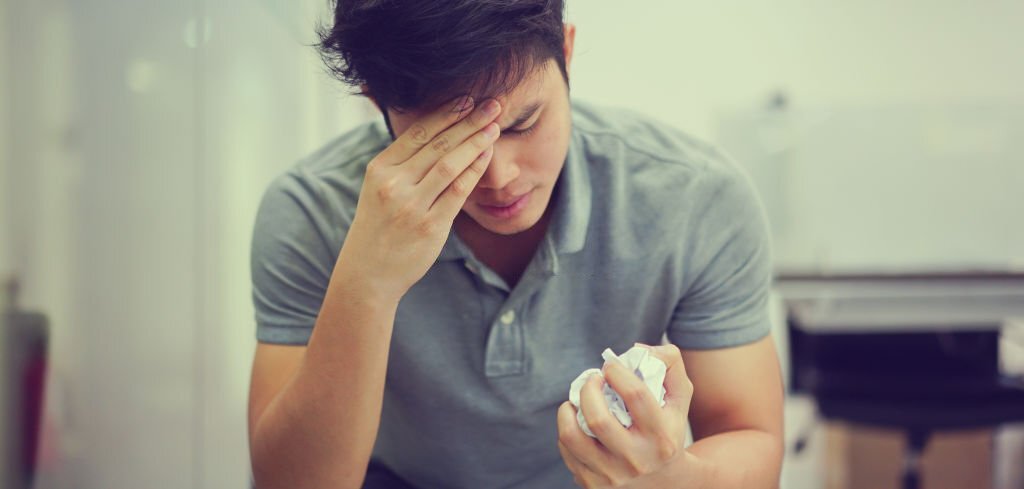Recent studies have shown that there is a strong connection between sleep and erectile dysfunction. Men who suffer from sleep disorders like insomnia, sleep apnea, and restless leg syndrome are at an increased risk of developing ED. This is because sleep disorders can cause a variety of physical and psychological problems that can contribute to ED.
Insomnia, on the other hand, can lead to psychological problems like stress and anxiety, which can also contribute to ED. Additionally, insomnia can lead to a decrease in testosterone levels, which can further exacerbate ED.
How to Improve Sleep to Prevent or Manage Erectile Dysfunction?
Improving sleep is an important step in preventing or managing ED. Here are some tips for improving sleep:
Establish a regular sleep schedule: Going to bed and waking up at the same time every day can help regulate your body’s internal clock and improve the quality of your sleep.
Create a relaxing sleep environment: Make sure your bedroom is cool, dark, and quiet. Use comfortable bedding and pillows to create a comfortable sleeping environment.
Avoid stimulating activities before bedtime: Avoid using electronic devices like phones, tablets, and computers before bedtime as they can disrupt your sleep.
Exercise regularly: Regular exercise can improve the quality of your sleep and help reduce the risk of developing ED.
Seek medical help: If you are experiencing symptoms of a sleep disorder, seek medical help from a healthcare provider. They can help diagnose and treat your sleep disorder, which can improve your overall health and reduce the risk of developing ED.
Conclusion
In conclusion, sleep is an important factor that can impact erectile dysfunction. Men who suffer from sleep disorders like insomnia, sleep apnea, and restless leg syndrome are at an increased risk of developing ED. Improving sleep by establishing a regular sleep schedule, creating a relaxing sleep environment, avoiding stimulating activities before bedtime, exercising regularly, and seeking medical help for sleep disorders can help prevent or manage ED. By paying attention to your sleep habits and making positive changes, you can improve your overall health and reduce the risk of developing ED.

